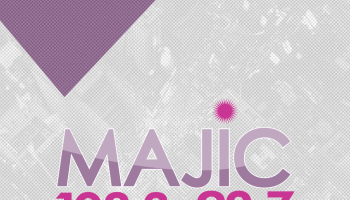A new study shows that a drug used to treat the symptoms of Alzheimer’s disease can also effectively reduce the impulsive buying habits of shopaholics.
The study, published in the May edition of the Annals of Clinical Psychiatry, reveals that the drug memantine can decrease over activity in the brain experienced by Alzheimer’s patients and impulsive shoppers. Memantine can curb impulsivity andeliminate tendencies that lead to making rash decisions and purchases.
“In a way, compulsive buying is similar to other addictions in that people are thinking about the immediacy of the reward without considering the consequences,” said study author Dr. Jon Grant, a professor of psychiatry at the University of Minnesota in Minneapolis.
“We asked: Could we use a medication to essentially enhance decision-making as a way to help them with their behavior?” said Grant.
The study monitored the habits of eight compulsive female shoppers for ten weeks using tests and surveys to track their thoughts and behavior. Results showed that the thoughts and behaviors were indeed reduced in participants taking the medication.
Research shows than an estimated 6 percent of Americans struggle with the highs and lows experienced in compulsive shopping.
Grant believes these habits go beyond just shopping.
“It can interfere with people’s jobs, their marriages,” said Grant. “All of this leads to incredible personal distress. A person might feel depressed and even suicidal because they don’t know how to control their behavior and feel bad about being dishonest.”
Compulsive shopping is not recognized in the list of Diagnostic and Statistical Manual of Mental Disorders in comparison to other compulsive behaviors such as alcoholism or gambling. This study is the first of its kind to determine a method of treatment for this type of behavior.
Read more at Black America Web














